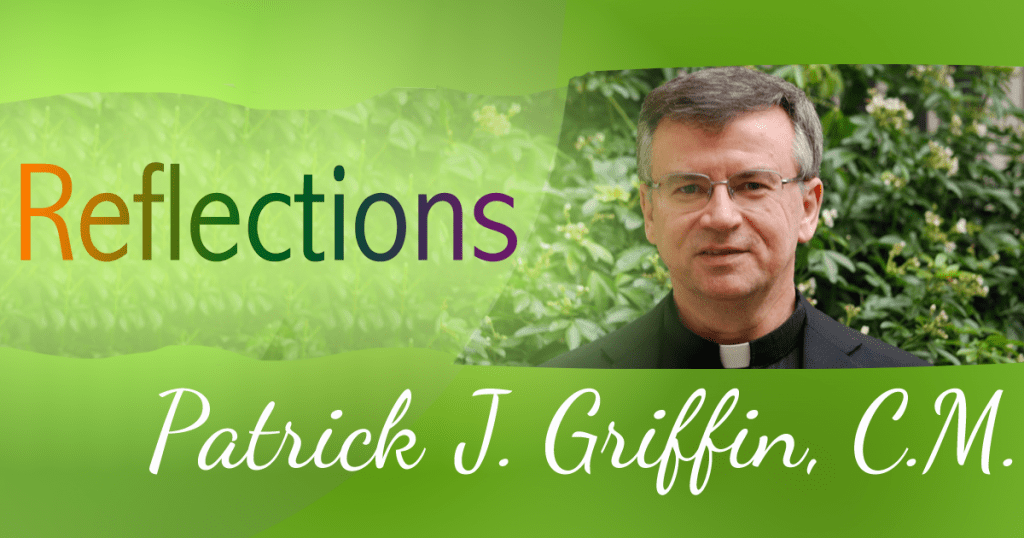“No prophet is accepted in his own native place.” We understand what that means. We may have used that expression ourselves to reflect our own experience or describe that of another. In our native place, in our homes, we are “known.” People remember our family, where we came from, and all the progress/mistakes that we have made. Those who know us can find it difficult to see us differently from how they have always thought about us. It was the same with Jesus—“Isn’t this the son of Joseph?” In the Scriptures, Jesus’ background sometimes provides the basis for dismissing him and his message—“Can any good come from Nazareth?” (Jn 1:46). Rather than listen to what he has to say, people prefer to find excuses for not heeding Jesus and for discounting his presence as well as his mission. Too often, he was treated without honor by those who could have known him best and been most affected by his words.

This scripture reminds us of our responsibility to honor the prophets among us. Of course, we need to be clear on the role of these agents of God’s word and work. A prophet does not foretell the future as if by some mystical power. A prophet studies the past, then looks at the present, and discerns where our choices will lead us. He/she recognizes how our current direction can lead to loss and danger or to where possibilities flow. A prophet is a student of our ongoing situation with open and attentive eyes.
Jeremiah emphasizes the dynamic call and role of a prophet:
Before I formed you in the womb I knew you,
before you were born I dedicated you,
a prophet to the nations I appointed you. . . .
for it is I this day
who have made you a fortified city,
a pillar of iron, a wall of brass,
against the whole land. . . . (Jer 1:5, 18)
What a powerful description of this figure who witnesses to God’s way in our world!
We may have our own heroes who carry out this ministry in the Church and in our society. Today, let me hold up Pope Francis. He often shows himself a prophet among us.
In Laudato Si’, he speaks on behalf of our environment. He points to the clear damage that we do to our world and to the harm that we inflict upon the vulnerable among us. In Fratelli tutti, subtitled “on fraternity and social friendship,” Francis draws inspiration from the story of the Good Samaritan. In the document, he finds that the way that many countries of our world managed the COVID-19 pandemic reflected a failure in global cooperation. In Amoris Laetitia, “The Joy of Love”, he provides an apostolic exhortation that reflects on family life and encourages family values. He also asks the member of the Church to consider the complexities of people’s lives, and to respect people’s consciences. As Pope Francis takes on the role of a prophet, he invites us to listen.
Who else takes on this role that we share from Baptism? Sometimes our own hearts hold the prophetic word that summons us to be attentive and to act. In other words, someone who speaks out clearly and forcefully. We are to be those resolute voices who express what we know is the truth. We become “the fortified city,” the “pillar of iron”, the “wall of brass” who, as the Quaker saying goes, “speak truth to power.”
Make no mistake: prophets are often troublesome and difficult to work with, but that does not make their message any less important or immediate for us. Hear again the great prophet Jeremiah as he holds out the hope-filled and joyous message of the Lord God to the people of Israel.
Before I formed you in the womb I knew you,
before you were born I dedicated you,
a prophet to the nations I appointed you.
Jesus reminds us of the importance of attending to our prophets. Let us strive to do so with an openness that leads to commitment and change. We can easily imagine St. Vincent as a prophet for his time as well as ours.





0 Comments